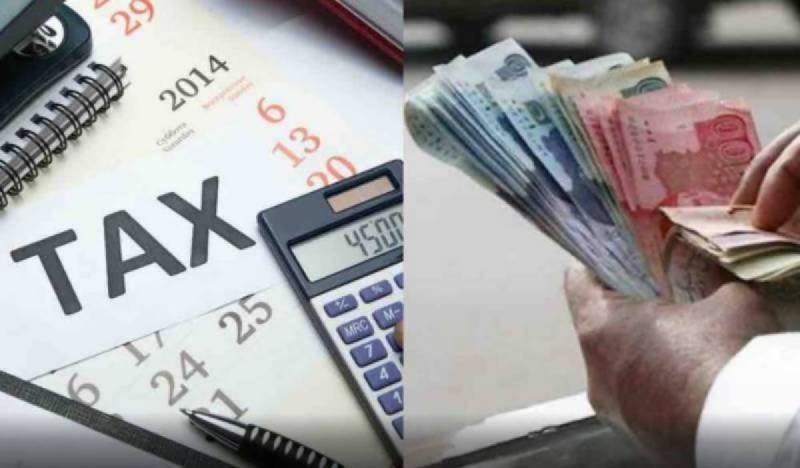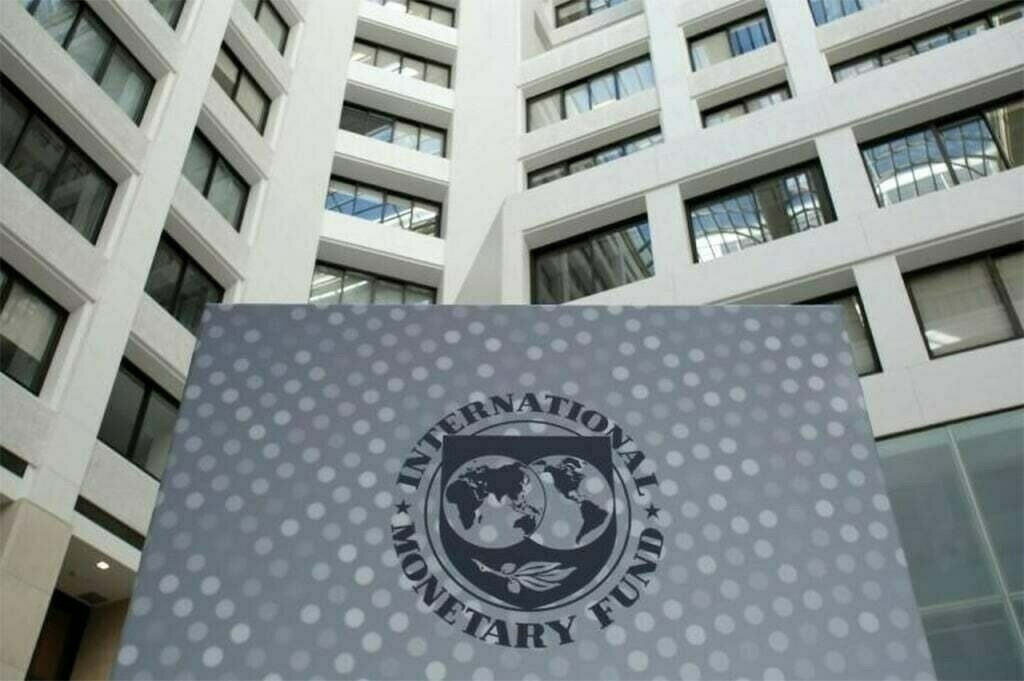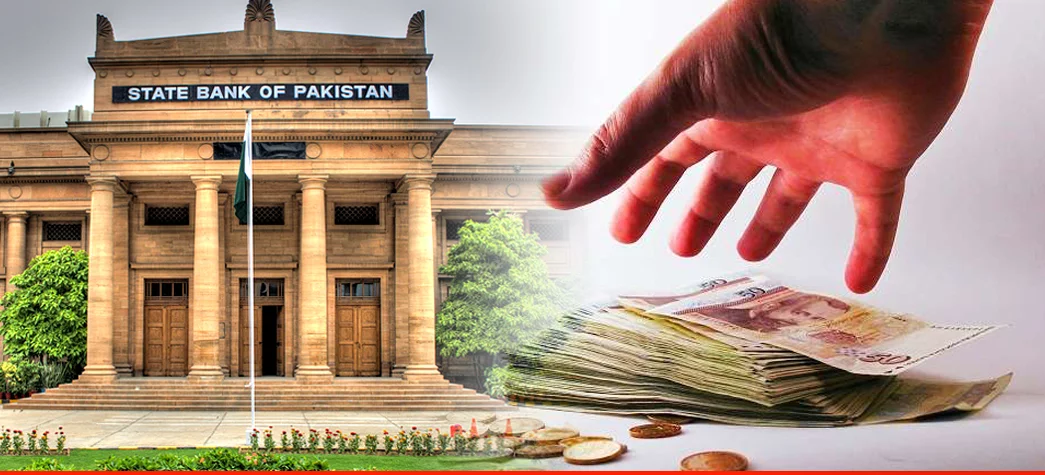The financial burden on the salaried class, the Government of Pakistan is contemplating significant income tax relief measures. Sources close to the development have disclosed that Prime Minister Shahbaz Sharif has directed the economic team to revisit the current income tax rate imposed on salaried individuals earning up to Rs 100,000 per month.
In the recent budget, the government had raised the income tax rate to 2.5 percent on monthly salaries up to Rs 100,000. This move, aimed at increasing revenue, has added financial pressure on the salaried class, many of whom are already grappling with rising living costs. Recognizing this burden, the Prime Minister has asked for a revision of this tax rate, potentially leading to partial or full withdrawal of the 2.5 percent tax.
If implemented, this initiative is expected to bring much-needed relief to salaried individuals, boosting their disposable income and improving overall financial well-being. However, the proposed tax relief is also anticipated to result in a revenue shortfall of approximately Rs 40 billion. To address this shortfall, sources suggest that the government may reduce allocations for the Public Sector Development Program (PSDP).
The proposed income tax relief for the salaried class will also be discussed with the International Monetary Fund (IMF). Given Pakistan’s ongoing economic challenges and its commitments under IMF programs, the government needs to balance tax relief with fiscal responsibility. The consultation aims to ensure that the proposed measures align with the IMF’s guidelines and do not jeopardize the country’s financial stability.
The initiative to provide tax relief is part of the government’s broader strategy to support economic stability and improve the living standards of its citizens. By reducing the tax burden on the salaried class, the government aims to stimulate consumer spending, which can, in turn, boost economic activity. The move reflects the government’s responsiveness to public concerns and its commitment to addressing economic hardships faced by the middle class.
While the proposed tax relief is a positive step for salaried individuals, it comes with its set of challenges. The revenue shortfall of Rs 40 billion is a significant concern. Reducing the PSDP could impact infrastructure projects and development initiatives across the country. The government must carefully consider these trade-offs to ensure that the tax relief does not adversely affect long-term economic growth and development.
Pakistan’s economy is currently facing multiple challenges, including high inflation, fiscal deficits, and external debt pressures. In this context, providing tax relief to the salaried class is a delicate balancing act. The government must ensure that such measures are sustainable and do not lead to larger fiscal imbalances. Engaging with the IMF and other stakeholders will be crucial in formulating a viable plan.
The proposed tax relief is likely to be welcomed by the salaried class, who have been advocating for lower taxes and greater financial support. Public expectations are high, and the government’s ability to deliver on these promises will be closely monitored. Effective communication and transparent implementation will be key to maintaining public trust and confidence.
As the government moves forward with its tax relief proposal, it will be essential to keep a close watch on the economic indicators and adjust policies as needed. The success of this initiative will depend on its implementation and the government’s ability to manage the associated fiscal challenges. A balanced approach that provides relief while maintaining fiscal discipline will be crucial for the long-term health of Pakistan’s economy.




